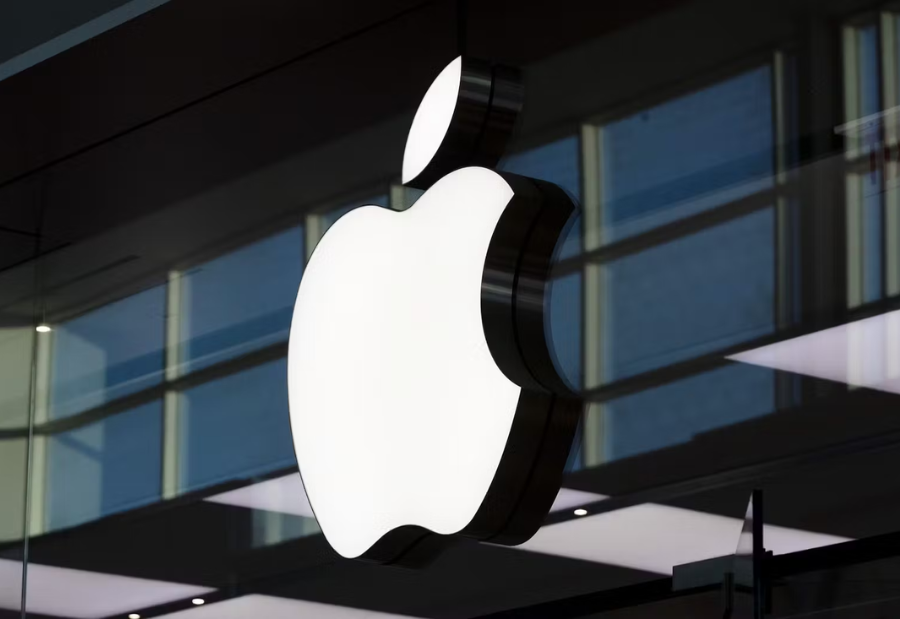Apple said it interrupted over $2 billion in potentially fraudulent App Store transactions and stopped cybercriminals from creating a staggering 711 million malicious customer accounts last year alone.
A report on Apple’s security activities over the past five years has been made public, and it shows an alarming number of malicious attempts.
Over the course of five years, the Cupertino behemoth claims to have stopped over $9 billion in fraudulent transactions, including $2 billion in 2024 alone.
In contrast, the FBI reports that the total recorded damages from cybercrime last year reached $16.6 billion.
“Apple also rejected over 711 million customer account creations and deactivated nearly 129 million customer accounts last year, blocking these risky and malicious accounts from carrying out nefarious activity,” Apple said in a press release.
In order to compromise the integrity of the App Store, hackers also employ bot accounts to spam, manipulate charts, ratings and reviews, and search results.
Apple denied an extra 139,000 developer enrollments and closed over 146,000 developer accounts due to fraud concerns last year.
7.7 million App Store entries were examined by Apple. More than 1.9 million applications were turned down because they didn’t fit Apple’s requirements; 400,000 of them violated privacy, and 320,000 of them were designed for deceptive, spammy, or copycat uses.
On pirate stores, 10,000 illegal apps that included malware, porn, gambling, or pirated material were also found and blocked.
“Threats range from deceptive apps designed to steal personal information to fraudulent payment schemes that attempt to exploit users. Apple employs a comprehensive approach to combating fraud on the App Store,” Apple said.
By hiding features and functionality in the code that are only activated once the program passes program Review, cybercriminals attempt to infiltrate malicious apps.
Every week, over 813 million people browse the App Store. According to Apple, 12% (143 million) of the more than 1.2 billion ratings and reviews it handled in 2024 were eliminated.
Apple never gives card numbers to developers in order to prevent any credit card data theft. Apple utilizes “a device-specific number and unique transaction code so a card number is never stored on a consumer’s device or on Apple servers” when customers make transactions.
Nearly 4.7 million credit cards were found to have been stolen by Apple last year, and more than 1.6 million accounts were prohibited from making any more purchases.
According to Media, Apple makes the stats public a few days prior to its yearly Worldwide Developers Conference (WWDC 2025). The business must allow other app shops to access Apple devices in the EU.
Also read: Viksit Workforce for a Viksit Bharat
Do Follow: The Mainstream formerly known as CIO News LinkedIn Account | The Mainstream formerly known as CIO News Facebook | The Mainstream formerly known as CIO News Youtube | The Mainstream formerly known as CIO News Twitter |The Mainstream formerly known as CIO News Whatsapp Channel | The Mainstream formerly known as CIO News Instagram
About us:
The Mainstream formerly known as CIO News is a premier platform dedicated to delivering latest news, updates, and insights from the tech industry. With its strong foundation of intellectual property and thought leadership, the platform is well-positioned to stay ahead of the curve and lead conversations about how technology shapes our world. From its early days as CIO News to its rebranding as The Mainstream on November 28, 2024, it has been expanding its global reach, targeting key markets in the Middle East & Africa, ASEAN, the USA, and the UK. The Mainstream is a vision to put technology at the center of every conversation, inspiring professionals and organizations to embrace the future of tech.




